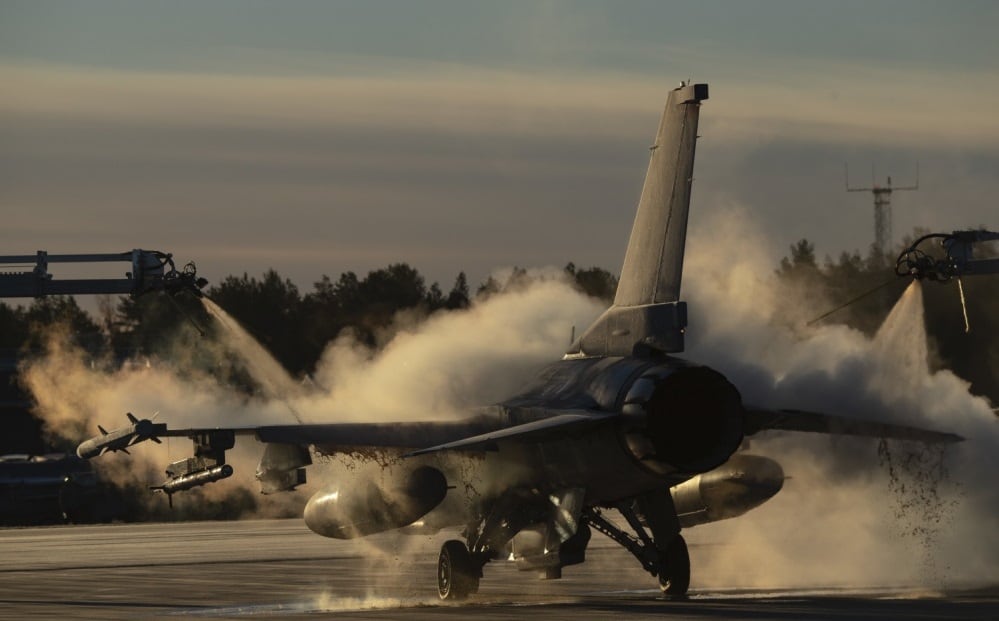HELSINKI — The Norwegian Defense Ministry said Tuesday that Russian forces in the Arctic disturbed GPS location signals during a recent large NATO drill in Norway.
The ministry said that Norway's Foreign Ministry earlier had raised the issue with Russian authorities.
In an email Tuesday to The Associated Press, the ministry said it “was aware that that jamming has been recorded between Oct. 16 and Nov. 7 from the Russian forces” on the Arctic Kola Peninsula.
RELATED

NATO's huge exercise Trident Juncture that included soldiers from 31 countries, was staged in Norway from Oct. 25 to Nov. 7. Finland and Sweden, which are not NATO members, also took part in the drill.
The jamming of the location signals is not believed to have caused any accidents.
Over the weekend, Finnish Prime Minister Juha Sipila said his country's GPS location signals were intentionally disrupted in the northern Lapland region.
Finland's state Air Navigation Services issued a warning to civilian air traffic earlier last week.
Without providing any further evidence, Sipila said Sunday that neighboring Russia may have been to blame.
"It's possible Russia was the disrupting party," Sipila said in an interview with Finnish public broadcaster YLE.
Finnish President Sauli Niinisto has called for a thorough investigation into the incident.
The Russian Defense Ministry could not be reached Tuesday for comment on Norway's claim. The Kremlin on Monday denied involvement in the Finnish GPS disturbance.
"We know nothing about Russia's possible involvement in those GPS failures," Kremlin spokesman Dmitry Peskov said according to TASS news agency. "There is a trend to blame all mortal sins on Russia."
Russia is known to have substantial capabilities for electronic warfare. Experts say it has in recent years invested heavily in technology that can affect GPS location signals over a broad area.
The northern Arctic regions of Finland's Lapland and Norway's Finnmark are adjacent to Russia's Kola Peninsula, which is home to Russia's Northern Fleet with major naval and submarine bases and other Russian military installations.
Asked about Finland's claims, NATO's Secretary-General Jens Stoltenberg told reporters Monday that cyber and electronic warfare are becoming more and more widespread, "therefore we take all these issues very seriously."
Olsen reported from Copenhagen, Denmark.




